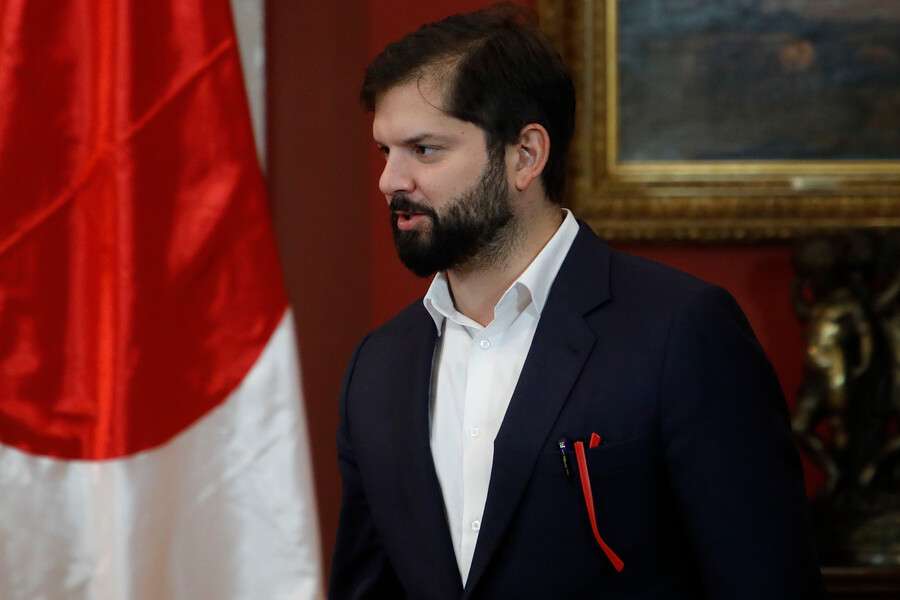Chile appeared to be on the verge of a democratic revolution last year, when a commission led by leftists prepared a radical new constitution to replace the country’s dictatorship-era constitution. However, voters have obstructed the endeavor, first rejecting the drafted constitution and now handing conservatives the major role in writing its replacement.
The far-right won heavily, to choose the members of the commission entrusted with crafting a new constitution to replace the one imposed by Gen. Augusto Pinochet.
The Republican Party, which has long opposed to a new charter, won 23 of the 50 commission members, ensuring that, its candidates not only have the most seats, but also veto power over any ideas deemed unfavorable. “It’s ironic that the sector that said it was the least enthusiastic about the process now controls it,” said Robert Funk, a political scientist at Chile University.

An ensemble of left-leaning parties affiliated with President Gabriel Boric, Unity for Chile, gained 16 seats, while Safe Chile, a center-right alliance, secured 11. The commission’s plurality of right-wing parties “indicates that the proposal will likely make few changes to the current constitution and could be even more conservative,” Funk added.
The results have been major setback for Boric and Chile’s left in general, as they would be unable to compel any concerns into the new constitution, and will have no power to opt out of anything they oppose.
“They can’t do anything, it must be extremely frustrating,” political expert Kenneth Bunker said. “The only thing they have left is to try to push a moral debate to find a middle ground,” Bunker added. Acknowledging this new challenge, Boric urged those who won not to “make the same mistake we did… in believing that pendulums are permanent.”
The drafted constitution offered to Chilean voters last year, was characterized as the most progressive in the world, establishing autonomous Indigenous areas and prioritizing the environment and gender equity.
However, several critics claimed that it was overly complex, lacked coherence, and went overboard in some of its provisions. Around 62% of Chileans voted against it, setting up a vote to select a new committee to compose a fresh constitution.
The far right’s win has been explained in part by the “excesses of the first constitutional process that put forward a proposal that was too ideological,” Robert Funk said, adding that Chileans’ fear have shifted and that the economy, crime, and security are now the most important issues.
If the Republican Party does “the same thing as the others did’ and we end up with a constitution that is too ideological, they run the risk of people rejecting it in December,” Robert averred. The significant difference has been that, unlike last time, the commission’s members would work from a preliminary paper produced by 24 experts and approved by Congress. The suggestion of the body would face a plebiscite in December.

The big winner of the electoral vote, was Republican Party leader José Antonio Kast, who lost the presidential runoff to Boric in 2021. Kast now “becomes the de facto head of the opposition” and will be the “orchestra director who will manage the constitutional debate,” Bunker explained, following his party’s victory in gaining majority in the constitutional re-write commission. That obviously puts him in “pole position for the next presidential race,” Bunker disclosed.
Kast’s triumph arrives at a moment when the conservatives are making advances in other countries in the area.

The road to amending Chile’s constitution started in 2019, with violent student-led protests inspired by an increased in transportation fairs but rapidly grew into a broader calls for more equality and social protections.
Congress was able to calm down the protests, by calling for a referendum on whether or not to draft a new constitution, which over 80% of voters thought was necessary. Much of the initial zeal has faded.























